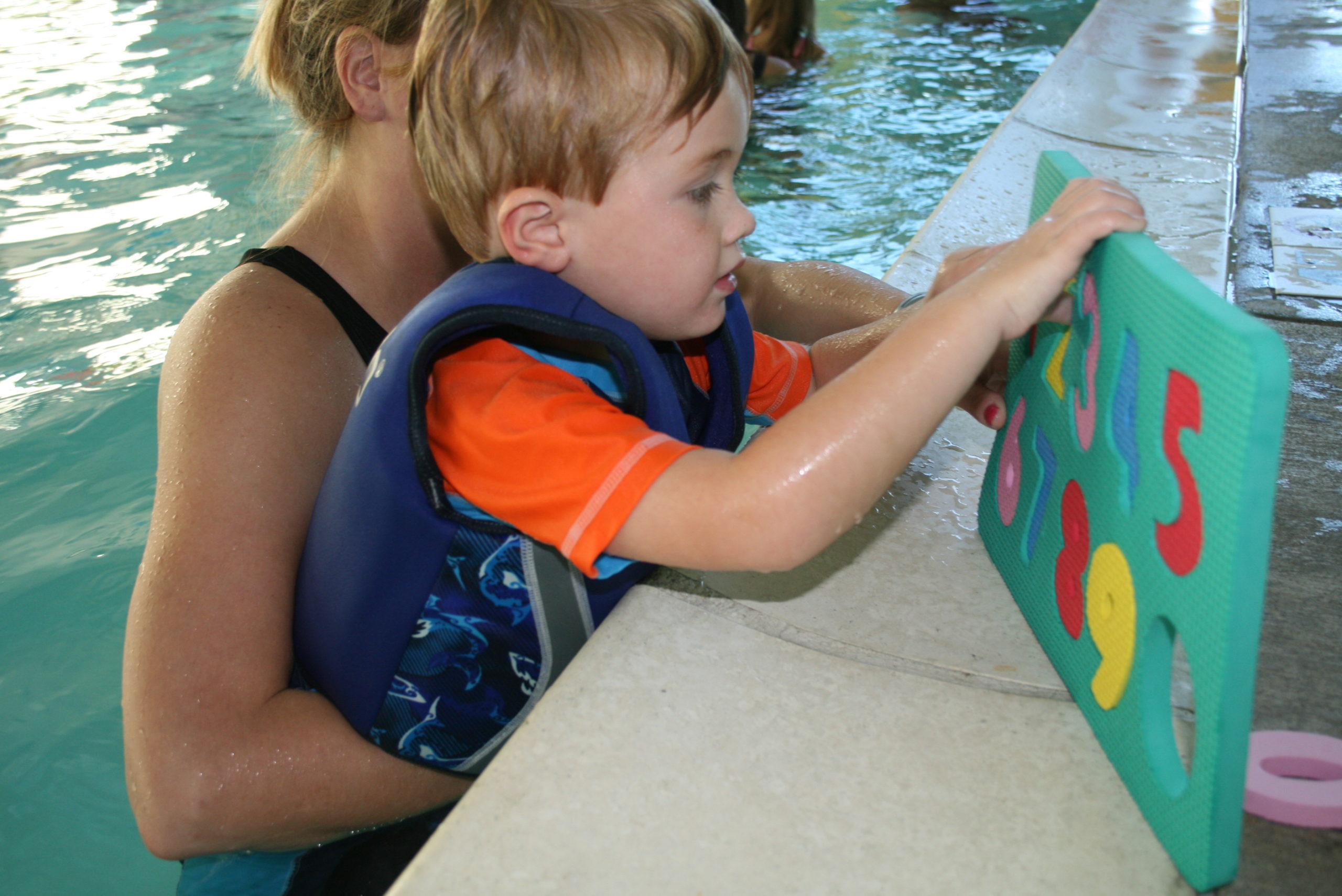Recent studies by the Franciscan Hospital for Children, Boston University, and Drexel University uncovered evidence that developmental rehabilitation through aquatic therapy aided in combating the negative behaviors associated with autism spectrum disorder (ASD). Researchers Maria A. Fragala-Pinkham, Stephen M. Haley, and Margaret E. O’Neil conducted a 14-week program with children diagnosed with ASD to test whether an intensive swim program could improve the fitness of their participants. According to previous studies, children diagnosed with ASD have lower physical activity levels and are more prone to obesity due to the various medications used to treat their negative behaviors. Similarly, a lack of gross motor skills and motivation prevent participants from partaking in activities that would improve the communication and social skills. As a result, researchers gathered participants and subjected them to aerobic, strengthening, and stretching exercises within an aquatic setting. After this intensive swimming program, researchers found that there was an increase in strength, endurance, and swimming skills. Additionally, parents noted a decrease in negative behavior after their child spent time in the pool. They observed that their child demonstrated more attention and focus to their schoolwork as well as increased social activity with those participating in the same study. Negative behaviors were contrasted with increased eye contact, compliance, and appropriate conversation with instructors and peers. Scientists are continuing to study the effects of aqua therapy amongst children with ASD in hopes of finding an alternative behavior intervention program. By: Danielle Bulante







